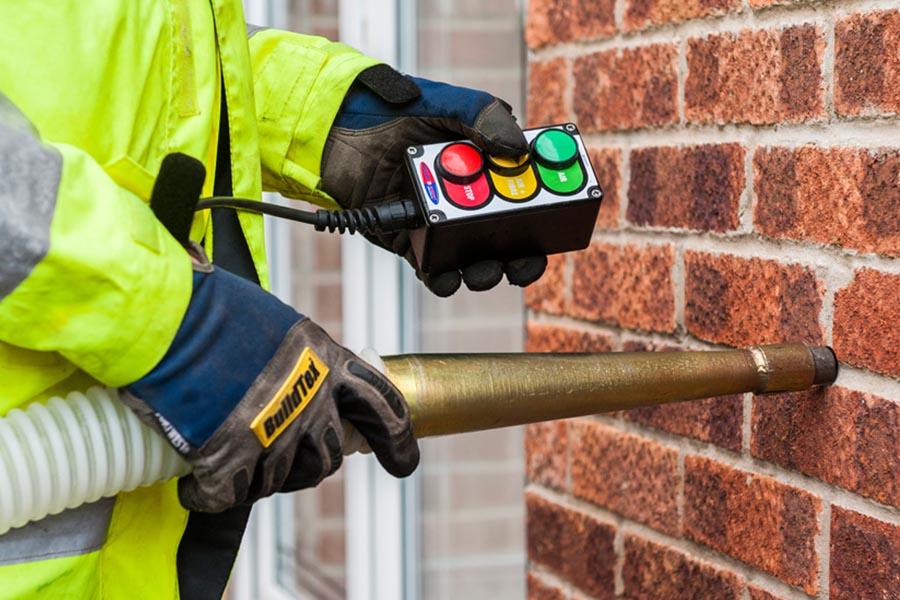Like most people in the UK, you’ve probably seen your energy bills increasing recently, with more steep rises still to come.
This harsh reality will affect almost every – but not necessarily equally.
A shocking new statistic from the Energy and Climate Intelligence Unit has shown that those in poorly insulated homes could end up seeing rises of £968 more on their annual gas bills than those who live in homes with a high level of insulation.
So why is this? Why aren’t more homes insulated? and what can you do to cut your bills?
What is insulation and how can it cut bills?
Home insulation is by far one of the most effective ways of making your home more comfortable and reducing your energy costs.
There are a wide range of different types of insulation available, but generally speaking insulation works by trapping heat into the right areas of your property, and keeping the cold out.
The more common areas for this to be done are the areas where heat is most likely to escape – such as roofs, floors and walls.
Without insulation, indoor temperatures can be hard to maintain, with homes losing up to 45% of their heat, according to the Energy Savings Trust. This means that 45% of the heat you pay to generate through central heating or storage heaters, actually ends up just leaking outside.
A tell-tale sign that a home isn’t properly insulated, is the temperature dropping very quickly as soon as the heat source is turned off. Read more: How to tell if your home has enough insulation.
Another way to gauge how efficient your home is at retaining heat is to view the Energy Performance Certificate that comes with the sale or renting of a property. Read more: How to improve your EPC rating.
What type of insulation is needed?
The main types, depending on the property you live in, are:
- Loft/roof insulation
- Cavity wall insulation
- Solid wall insulation
- floor insulation
- draught-proofing
The facts and figures about different types of insulation can be found here
How much will it cost and what help is available?
The cost of insulation varies based on a number of factors, including the type of insulation that you’re looking for, and the size of your property. The best way to find the cost is to get a free survey & quote, however generally speaking loft insulation starts from just a few hundred pounds, and most insulation types are generally low-cost enough to offset the price in bill savings within a few years.
What’s even better is, that a large number of people never actually pay full price for their insulation. There are a wide number of government schemes & grants available, which can partially or even completely cover the cost of an insulation project, so you could be eligible for cheap or even free insulation! We always recommend speaking to an advisor to find out the grants that are currently available and to see if you are eligible.
Privately renting tenants are slightly more restricted, but can still take action, with landlords able to be fined up to £5,000 for renting properties with an Energy Performance Certificate rating below E, and, by 2028, C.
Why are UK homes poorly insulated?
When it comes to home efficiency in the UK, the numbers are pretty dire.
The UK has some of the least energy-efficient and leakiest housing in Europe – because of the old age of much of the housing stock.
As an example of how much the UK housing stock is lacking in isolation, only around 12.3% of solid wall properties lack insulation. This accounts for around 31% of homes in the country.
In 2020, the UK had 29.3 million domestic properties, 36% built before World War Two.
But even newer homes often lack basic insulation – only one out of every four UK homes even has draught-proofing
It’s safe to say that in the midst of this cost of living crisis (not to mention the climate emergency too) that insulating your home is one of the best steps you can take right now.
For more information regarding home insulation, and the benefits it can bring at any time of year, please don’t hesitate to get in touch with our friendly team of advisors who will be more than happy to help.

